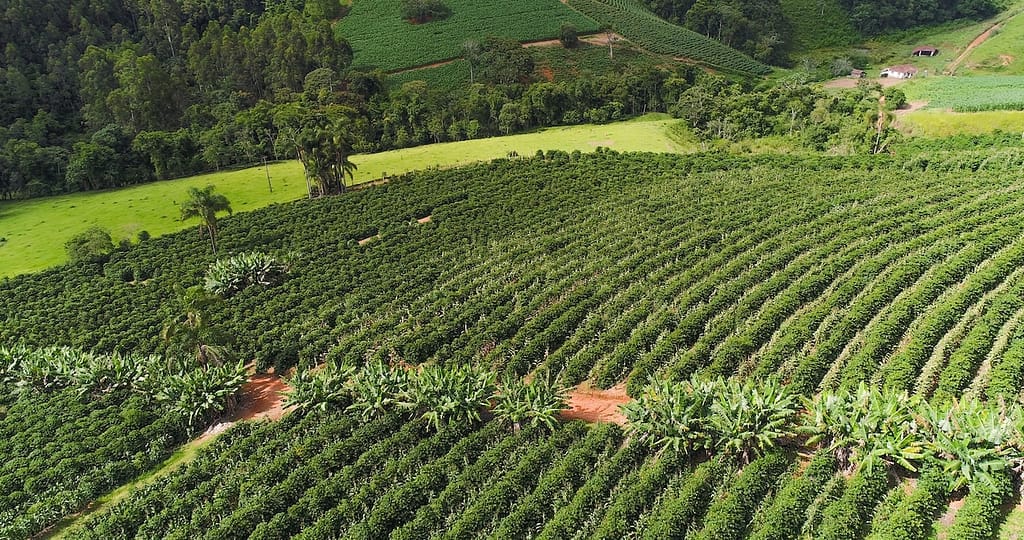[[{“value”:”

International Coffee Partners (ICP) has welcomed the European Union’s (EU) decision to extend the EU Deforestation Regulation (EUDR) implementation, but emphasises the need for continued support for smallholder coffee farmers.
The deforestation regulation has been in force since 29 June 2023 and its provisions were to be applied from 30 December 2024. On 14 November, the European Parliament agreed to postpone the regulation by 12 months.
ICP, comprising Delta Cafés of Portugal, Franck of Croatia, Joh. Johannson of Norway, Lavazza of Italy, Löfbergs of Sweden, Neumann Kaffee Gruppe of Germany, and Tchibo of Germany, says the 12-month delay gives farmers and other stakeholders time to adjust and meet the requirements.
The consortium says financial support, capacity development, and technical infrastructure are also needed for a successful transition.
“ICP is committed to working alongside the EU, global partners, and other stakeholders to co-create solutions that empower smallholder farmers and ensure they are not left behind,” the partnership said in a statement.
The EUDR, which aims to protect global forests by ensuring key goods entering the EU market are free from deforestation, will now be enforced for large companies commencing 30 December 2025, and for micro- and small enterprises on 30 June 2026.
The ICP said it supported the objectives of the EUDR as a step towards global forest protection and agree it must be implemented as soon as possible.
“However, we appreciate that the EU acknowledged the concerns raised by global stakeholders, including smallholder coffee farmers, regarding the need for adequate transition time and resources. The timeline extension provides much-needed breathing space for smallholder farmers who face significant challenges in complying with the stringent geodata and traceability requirements set forth by the regulation,” the partnership said.
As smallholders are said to produce up to 80 per cent of the world’s coffee and face increasing climate, market, and compliance challenges, the ICP said critical support is necessary.
“The ICP projects support them in improving their livelihoods, increasing their income, enhancing climate resilience, and fostering a balanced family life,” the partnership said.
“This enables farmers to better cope with increasingly challenging environments and market conditions, which include new regulatory demands, such as the EUDR. By promoting sustainable practices that improve farm competitiveness and environmental stewardship, ICP helps lay the foundation for smallholders to align more easily with evolving market standards.”
The success of the EUDR in addressing global deforestation challenges depends on the ability of smallholder coffee farmers to transition smoothly and sustainably.
“We applaud the EU’s openness to dialogue and adjustments in response to stakeholder feedback,” says Rui Miguel Nabeiro, Chair of ICP and CEO of Grupo Nabeiro/Delta Cafés.
“Moving forward, we will continue to advocate for a comprehensive approach that combines regulatory frameworks with tangible support for those most vulnerable in the global coffee supply chain.”
To provide farmers with the necessary support, the ICP recommends collaboration to: provide financial assistance including joint funding to develop traceability systems, data management tools, and sustainable farming practices; partner on training programs that help farmers understand and comply with EUDR requirements; and co-invest in technology and infrastructure to improve the efficiency of geodata collection and management.
The post ICP welcomes decision to delay EUDR appeared first on Global Coffee Report.
“}]]


